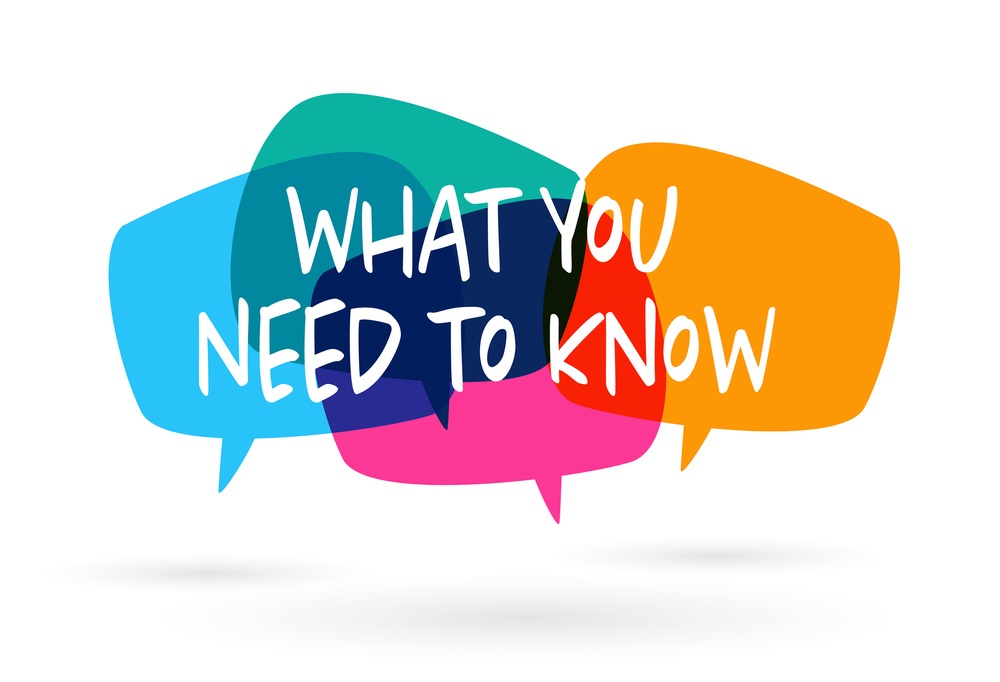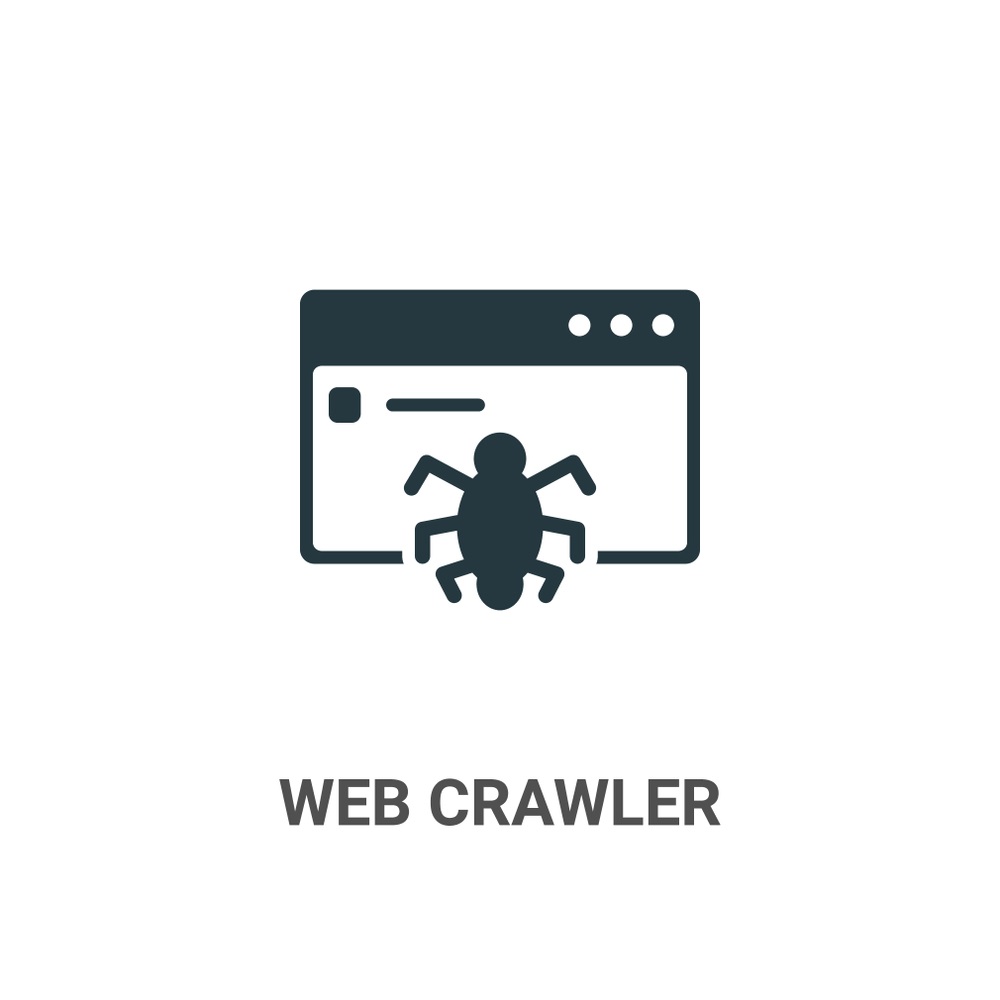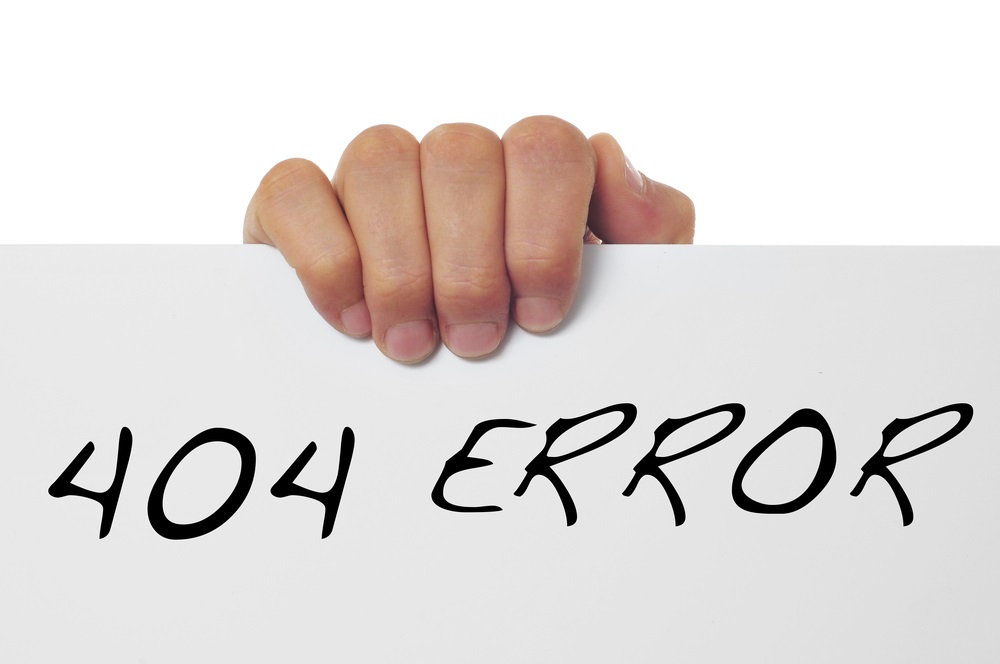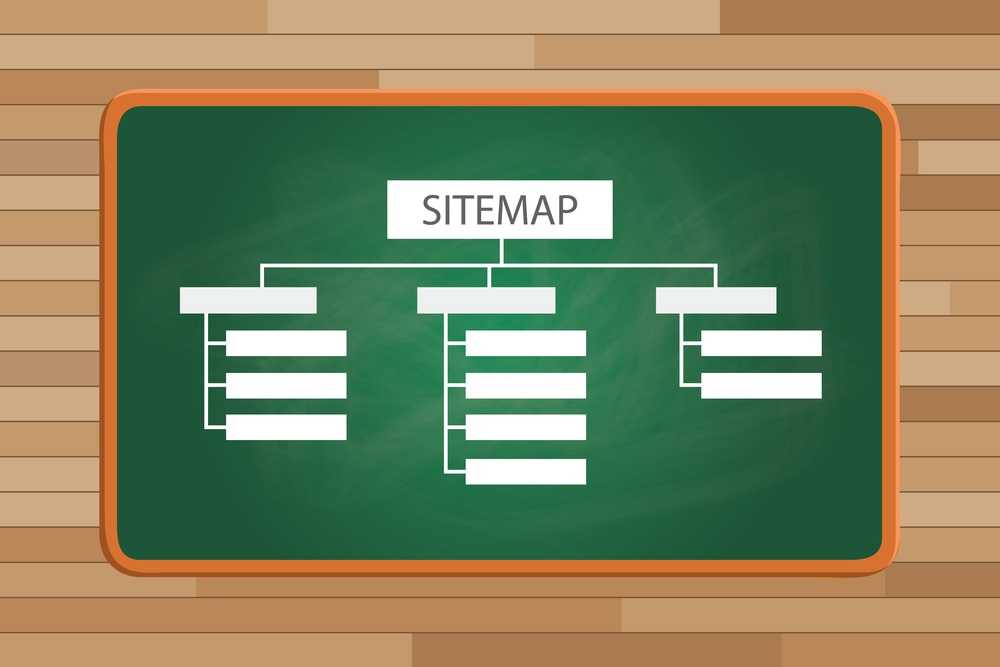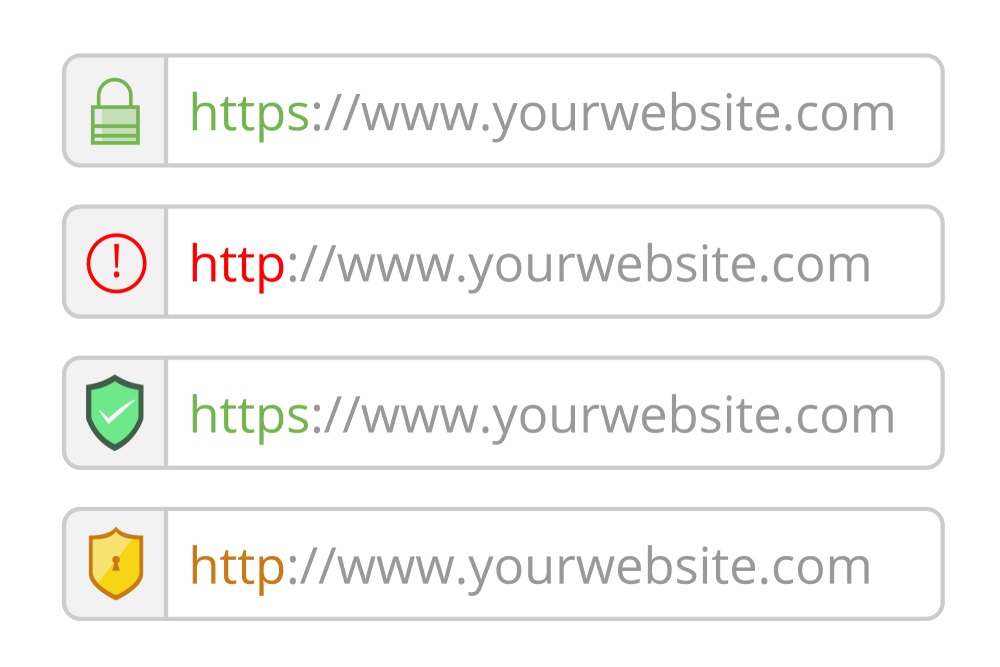In our Search Engine Optimisation blog series, we have discussed the “On-page SEO” and “Off-page SEO“, an individual has to read these blogs to understand the “Technical SEO” blog. Technical SEO refers to “the procedure for improving the organic traffic and organic ranking of websites by fulfilling the requirements of search engines in terms of SEO “. It’s somehow about the search-engine SEO for improving the website rank but different from the off-page SEO, which comprises the numerous methods for exposure of the website.
Why is Technical SEO significant?
Technical SEO importance is obvious because if you have the best off-page and on-page search engine optimisation practices, and your website isn’t correctly indexed and crawled, the search engines will not rank it. Your viewers will not be able to find you, which will lead you to nothing in terms of financial and ethical terms. One should not assume that only indexing is sufficient for specialised SEO; many variables such as speed optimisation of the site on mobile and desktop computer, unique content free of duplication, and the website’s security.
Characteristics of Technically Optimised Website
Crawlable for search engines
For crawling websites, search engines use robots. For finding the content on your site, these bots follow the hyperlinks. So, an optimised and clear internal link structure is required to make it effortless for robots to comprehend your site’s content. It is possible to place directions for robots to direct them about running certain pages. If you disallow a webpage, then robots will not crawl them. Robots.txt should be there for providing directions to robots.
Speed Optimisation In Technical SEO
People are very busy with their routines in the current era and do not have enough time to wait. If the website is not loading fast enough to make people stay on your website, you are already losing customers before getting an opportunity to show them your content. When people leave your site due to this matter, search engines will determine that your site is not worthwhile to show people within this specific query and will fall under your position.
Minimum dead Links
This factor will even make an impact on your site’s ranking and user experience more negatively. Suppose your website has links that are dead. In that case, it will direct the customers to non-existing pages, resulting in a terrible user experience, along with the visitor becoming annoyed. You frequently find the 404-page mistake on websites that an illustration of dead links. There may be a chance that visitors might not see all the dead links on your site, but robots will discover each of them and shed your ranking naturally. This issue needs special attention because the website is ongoing, and individuals typically don’t give importance to it, which negatively affects them in the long term.
Unique content for Technical SEO
If your website pages have copied content or different websites have duplicated content. This issue will confuse the search engines to rank the websites. This issue doesn’t matter for visitors because they’re only looking for great content. But for search engines, this thing matters a lot since they’re determined websites technically.
Security
If you are not secure, people won’t trust you, and people do not visit those websites that aren’t trustworthy. So make sure you’ve got a safe website, and protecting users’ privacy is a vital requirement.
One must ask what sort of solitude, therefore, make it more transparent. Suppose someone is logging into your website. His/her credentials must be kept confidential from any security risks.
XML Sitemap
It’s the list of all the site pages to guarantee search engines won’t miss important content. If your website includes a solid internal linking structure, you may not need a site. But if you do not have a setup similar to that, you should have this XML sitemap.
Optimise URL structure
For optimised technical SEO practice, it is essential to have an optimised URL structure. A proper guideline for a good URL arrangement is given below:
- It has to be short and descriptive.
- Avoid unnecessary words and characters.
- Steer clear of keyword stuffing but include the targeted keywords naturally.
- Use ( – ) to separate words.
- Use lowercase characters from the URL.
Google Search Console (GSC) is a Google’s free tool that will provide you with comprehensive technical information about websites authentically.

